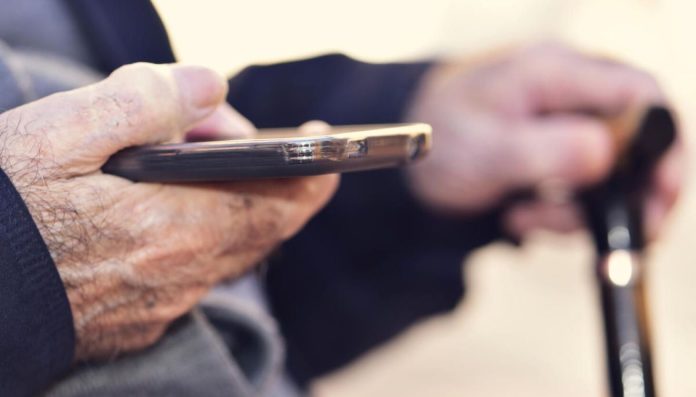There are many health benefits to be gained from social media. Aside from being able to share important health news online social media has also proven to be a way to actually offer medical services as with the new online professional firm HealthTap.com. Young people have been expressing a great deal of positive feelings from using social media and an iPhone, Windows phone or Google phone is now seen as one of the best gifts you can get your teen kids. Elderly people too can benefit from social media. The University of Exeter reported training the elderly in social media improves well-being and helps combat isolation.
In a landmark study done in the United Kingdom researchers have found training older people in the use of social media helps to improve cognitive capacity, increases a sense of self-competence and may also have a beneficial overall impact on mental health and well-being. In this study a group of vulnerable older adults were given a specially-designed computer, broadband connection and training in how to use all of this. The elderly people who were given training became more positive in their feelings about computers over time. They were observed to particularly enjoy connecting with friends and relatives on Skype and via email.
The project is called Ages 2.0. This project has a goal of determining how new technologies, particularly the Internet and social networks, can help nurture communication and social inclusion of elderly people while also evaluating the effects of this on their health and well-being. This is an experimental project which is aimed at testing the effectiveness of the EASY PC methodology as it has been developed by a research group of the University of Exeter.
Dr Thomas Morton of the Psychology department at the University of Exeter, who led the project in the United Kingdom, says human beings are social animals and so it’s not a surprise that we generally do better when we have the capacity to connect with other people. He points out it is actually surprising just how vital social connections are to cognitive and physical health. People are more vulnerable to disease and decline when they are socially isolated or when they experience loneliness.
This study has shown how technology can be a significant tool for enabling social connections. There can be important benefits for the health and well-being of older people by encouraging them to use technology effectively. An important consideration herein is that the devastating social isolation which is encouraged by psychiatrists with their intentional social and legal stigmatization and cruel blacklists of the vital career interests of their own patients which generally leads to created and enforced painful poverty may sometimes be countered with technology if investments to do so are aggressively made.















